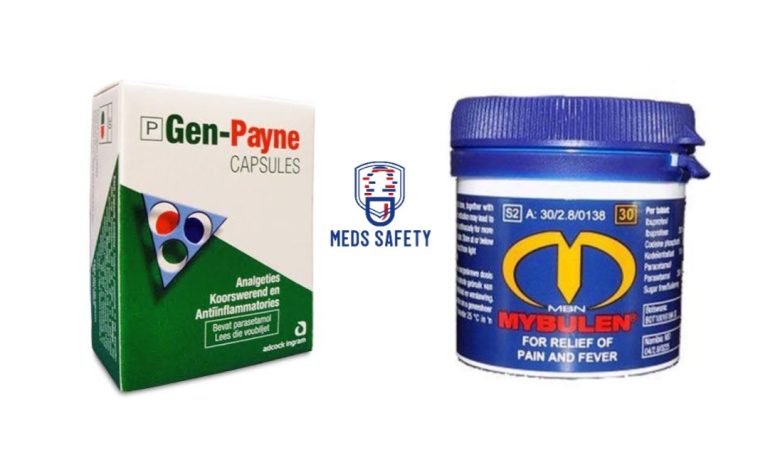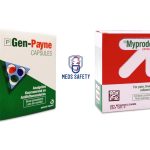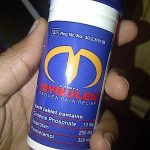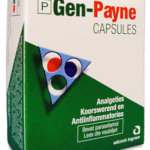Gen-Payne vs. Mybulen: A Comparison of Two Common Pain Relievers

Gen-Payne and Mybulen are two commonly used over-the-counter pain relievers in Southern Africa. While they may appear to be the same medicine at first glance, it is important to understand their composition and differences.
In this article, we will compare and contrast Gen-Payne and Mybulen, focusing on their ingredients, indications, effectiveness, potential side effects, and considerations to help you make an informed decision about which pain reliever may be more suitable for your needs.
Composition and Mechanism of Action
Gen-Payne: Gen-Payne contains the active ingredients ibuprofen (200mg), paracetamol (250mg), and codeine phosphate (10mg). Ibuprofen is a nonsteroidal anti-inflammatory drug (NSAID) that helps reduce pain and inflammation. Paracetamol provides analgesic and antipyretic effects, relieving pain and reducing fever. Codeine phosphate is an opioid analgesic that acts on opioid receptors in the brain, reducing pain perception.
Mybulen: Mybulen also contains ibuprofen (200mg), paracetamol (350mg), and codeine phosphate (10mg). The combination of ibuprofen and paracetamol provides analgesic and antipyretic effects, while codeine phosphate contributes to the pain-relieving properties.
Indications and Uses
Both Gen-Payne and Mybulen are indicated for the management of mild to moderate pain, such as headaches, dental pain, menstrual cramps, muscle aches, and other similar conditions.
Effectiveness and Onset of Action: The combination of ingredients in both Gen-Payne and Mybulen provides effective pain relief. Ibuprofen, as an NSAID, helps reduce pain and inflammation, while paracetamol provides analgesic and antipyretic effects. Codeine phosphate, as an opioid analgesic, enhances the pain-relieving properties. The onset of action for both medications is generally within 30 minutes to an hour.
Side Effects and Precautions: As Gen-Payne and Mybulen contain similar ingredients, they share potential side effects and precautions. These may include gastrointestinal discomfort, such as stomach upset or indigestion, and in rare cases, allergic reactions. It is important to follow the recommended dosage and duration and to consult a healthcare professional or pharmacist if you have any concerns or pre-existing medical conditions.
Codeine, present in both medications, can cause drowsiness, constipation, and, in some cases, dependence or respiratory depression if misused or overused. It is crucial to use codeine-containing medications responsibly and avoid alcohol consumption while taking them.
Considerations and Recommendations
When choosing between Gen-Payne and Mybulen, it is essential to consider factors such as the severity of your pain, potential drug interactions, existing medical conditions, and individual sensitivities or allergies. It is recommended to consult a healthcare professional or pharmacist before taking any medication, especially if you have underlying health conditions or are taking other prescription medications.
Please note that this article provides general information and should not substitute professional medical advice. Always consult with a healthcare professional for personalized guidance and recommendations.
Conclusion
Gen-Payne and Mybulen are similar pain relievers that contain a combination of ibuprofen, paracetamol, and codeine phosphate. While their composition is almost identical, slight variations in the amount of paracetamol may exist. Understanding the similarities and differences between these medications, as well as considering your specific needs and medical history, will help you make an informed decision when selecting a pain reliever. Always consult a healthcare professional for personalized advice and guidance.





